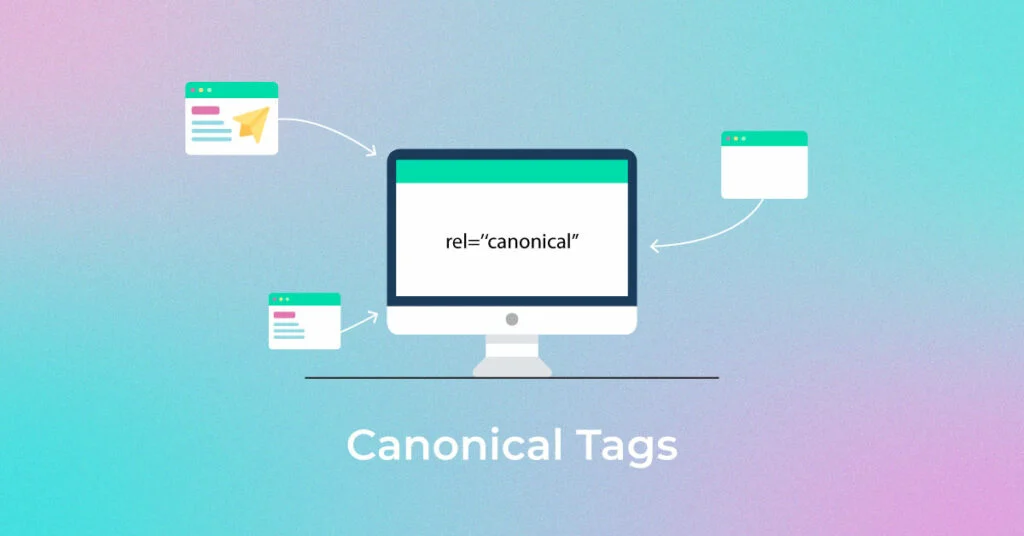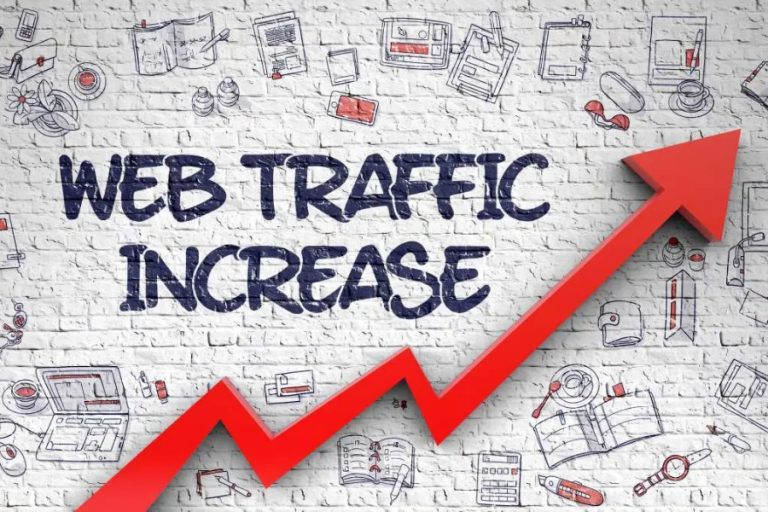What Is Indexing in SEO? How to Get Your Website Indexed by Google
Hi there! Have you ever wondered how search engines, such as Google, locate and present web pages in their results? This is where SEO indexing is useful. Here, we’ll discuss “What Is Indexing in SEO” and offer helpful advice on “How to Get Your Website Indexed by Google.” This guide will explain indexing and demonstrate how to make sure search engines find your website, regardless of whether you run a website or are just interested in SEO. Now let’s get started and learn the mysteries of website crawling!
Table of Contents
What Is Indexing in SEO?
The process by which search engines like Google crawl and store web pages in their databases is referred to as indexing in SEO. A website can become eligible to show up in search results once its content has been examined and added to the search engine’s index. This process is known as indexing. Indexing is essential to make sure users can find the information on your website when they search for relevant terms or phrases. The exposure and traffic of your website may be greatly impacted if it is not properly indexed, as it may not show up in search results. For this reason, knowing indexing in SEO is crucial to improving the functionality of your website and drawing in natural search traffic.
Why Is Indexing in SEO Important?
Indexing affects whether the information on your website will show up in search engine results pages (SERPs), it is important for SEO. Poor visibility and little organic traffic will come from search engines like Google not being able to locate and show your site pages to users if adequate indexing isn’t done. Making sure your website is indexed improves the likelihood that people looking for pertinent information may find it. Additionally, indexing helps search engines comprehend the relevance and content of your web pages, which can improve your website’s placement in search results. To put it simply, indexing is essential to getting your website seen, bringing in natural traffic, and improving its overall SEO performance.

How to Get Your Website Indexed by Google
Create and Submit a Sitemap
A sitemap must be made and submitted to Google in order for your website to be effectively indexed. A sitemap is a list of every page on your website that aids in the comprehension of its content and structure by search engine crawlers. You may give Google a roadmap for efficiently navigating and indexing your website by creating a sitemap and submitting it using Google Search Console. This increases the likelihood that all of your pages will be found and displayed in search results. Updating and maintaining your sitemap on a regular basis guarantees that Google is aware of any new pages or site modifications, which speeds up indexing.
Use the URL Inspection Tool
In order to speed up the indexing process, website owners can use the URL Inspection Tool included in Google Search Console. Through the tool, you can ask Google to crawl and index a certain page by inputting its URL. The tool also offers insights into the way Google perceives and comprehends the website, including details on crawlability, indexing status, and any problems found. By using the URL Inspection Tool, you can keep an eye on how each page is being indexed, quickly detect and fix any problems with indexing, and make sure that the material on your website appears as intended in Google’s search results. By being proactive, you can help Google index your website more quickly and effectively.
How to Find and Fix Indexing Issues
Check Your Robots.txt File
Reviewing your robots.txt file is critical for discovering any directives that may be stopping search engine crawlers from accessing important pages on your website. By checking this file, you can ensure that it is appropriately configured to allow crawlers to index useful content while restricting access to sensitive or irrelevant pages. Regularly monitoring and updating your robots.txt file helps optimize your website’s indexing process and guarantees that search engines can efficiently crawl and index your material.
Manage Your Noindex and Canonical Tags
Managing your noindex and canonical tags is critical for regulating how search engines index and display your website’s content. Noindex tags are used to instruct search engines not to index specific pages, preventing them from appearing in search results. Canonical tags, on the other hand, assist consolidate duplicate content by designating the preferred version of a page for indexing. By frequently checking and changing these tags, you can guarantee that your website’s indexing process is streamlined and that search engines prioritize the most relevant content for display in search results.

Check Your Internal Links
Reviewing your internal links is vital for ensuring that search engine crawlers can efficiently traverse and index your website’s content. By reviewing your internal linking structure, you may find any broken or outdated links that may affect the crawling and indexing process. Additionally, refining your internal linking strategy can help disperse link equity throughout your site, ensuring that all pages are adequately crawled and ranked in search results. Regularly checking and upgrading your internal links can increase your website’s overall indexing efficiency and search engine visibility.
Check the Overall Quality of Your Site
Evaluating your website’s overall quality is essential to determining any elements that can affect how it gets indexed and ranks in search results. This entails assessing elements including user experience, content relevancy, mobile friendliness, and website load speed. You can find areas for improvement and make sure your website satisfies the requirements for the best possible indexing and ranking by search engines by carrying out an extensive quality assessment. Resolving any quality issues might improve search engine performance and visibility for your website.
Conclusion
In conclusion, understanding “What Is Indexing in SEO” and implementing strategies to “Get Your Website Indexed by Google” are fundamental steps for improving your website’s visibility and performance in search results. By addressing indexing issues, managing tags effectively, optimizing internal links, and ensuring overall website quality, you can enhance the likelihood of your content being indexed and ranked by search engines. Regularly monitoring and updating these aspects of your website will contribute to improved indexing efficiency, leading to increased organic traffic and better search engine visibility.
Read More What is Crawling in SEO?
FAQ’S
What are meta tags in SEO?
Meta tags are HTML elements that provide metadata about a webpage to search engines.
How do I optimize meta tags for SEO?
Optimize meta tags by including relevant keywords, writing compelling descriptions, and adhering to character limits.







